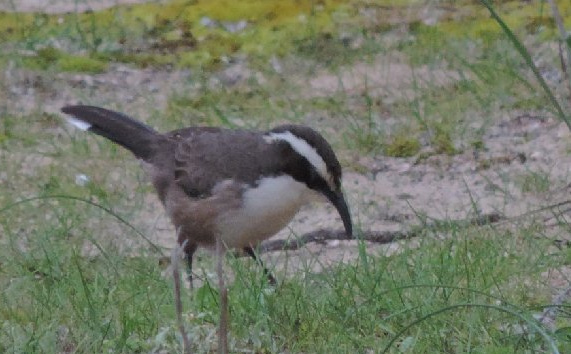Our risk of zoonoses - animal-to-human diseases, is something that has had little discussion considering many of us live closely with our much loved pets. Vincent Ho, Lecturer and clinical academic gastroenterologist at University of Western Sydney, discusses the most common zoonotic diseases and how we can be on guard against them:
theconversation.com/health-...
As the article says "Children, pregnant women, the elderly and those with a weakened immune system are more at risk of acquiring gastrointestinal zoonoses. (my emphasis)
But there seems to be a general lack of awareness of zoonotic health risks among health professionals. Few veterinarians and medical practitioners regularly discuss zoonotic disease risks of pets with clients and patients. GPs rarely ask about contact with pet stores, exotic and domestic pets, farm animals, zoos and wildlife centres as potential sources of gastroenteritis."
The article contains a list of precautions we should take when living with and interacting with our pets that is well worth reading if you are a pet owner. You might even be able to convince another family member to help with pet care. 
I'd have to agree with the statement about GPs rarely asking about pet contact as a possible cause for infections. I ended up seeing a specialist for a supposed skin infection that wasn't healing and he said "you don't own a cat do you?" then immediately ruled out my doctor's diagnosis and correctly identified soap allergy!
If you don't have time to read the article, much of it can be summed up by the author's statement: " Don’t worry, the risk of catching these diseases can usually be mitigated by washing your hands."
Neil
Photo: White-browed Babbler caught on the open ground - a rarity. These small birds (slightly larger than a sparrow) usually travel in groups between scrub bushes and trees while babbling happily away.
